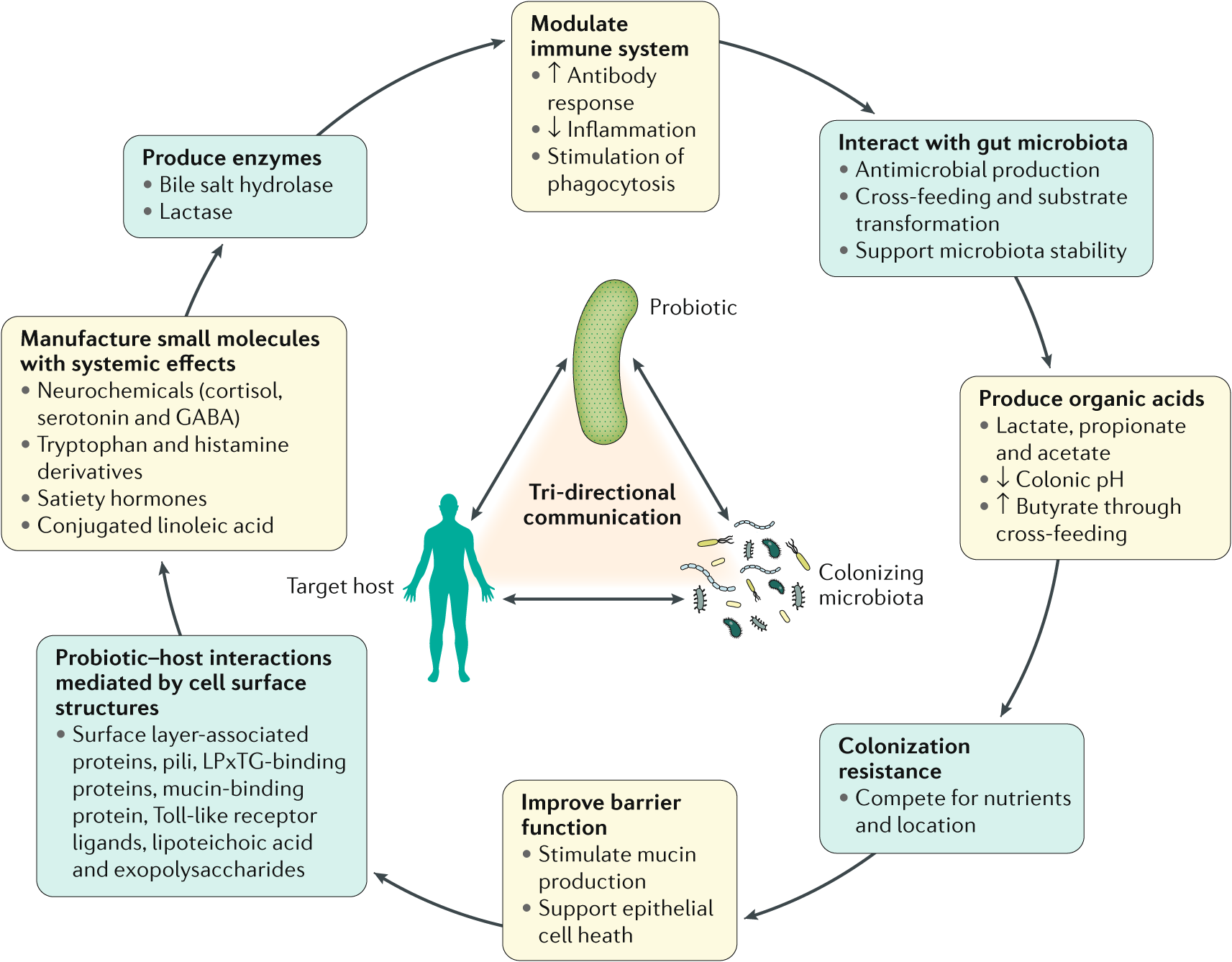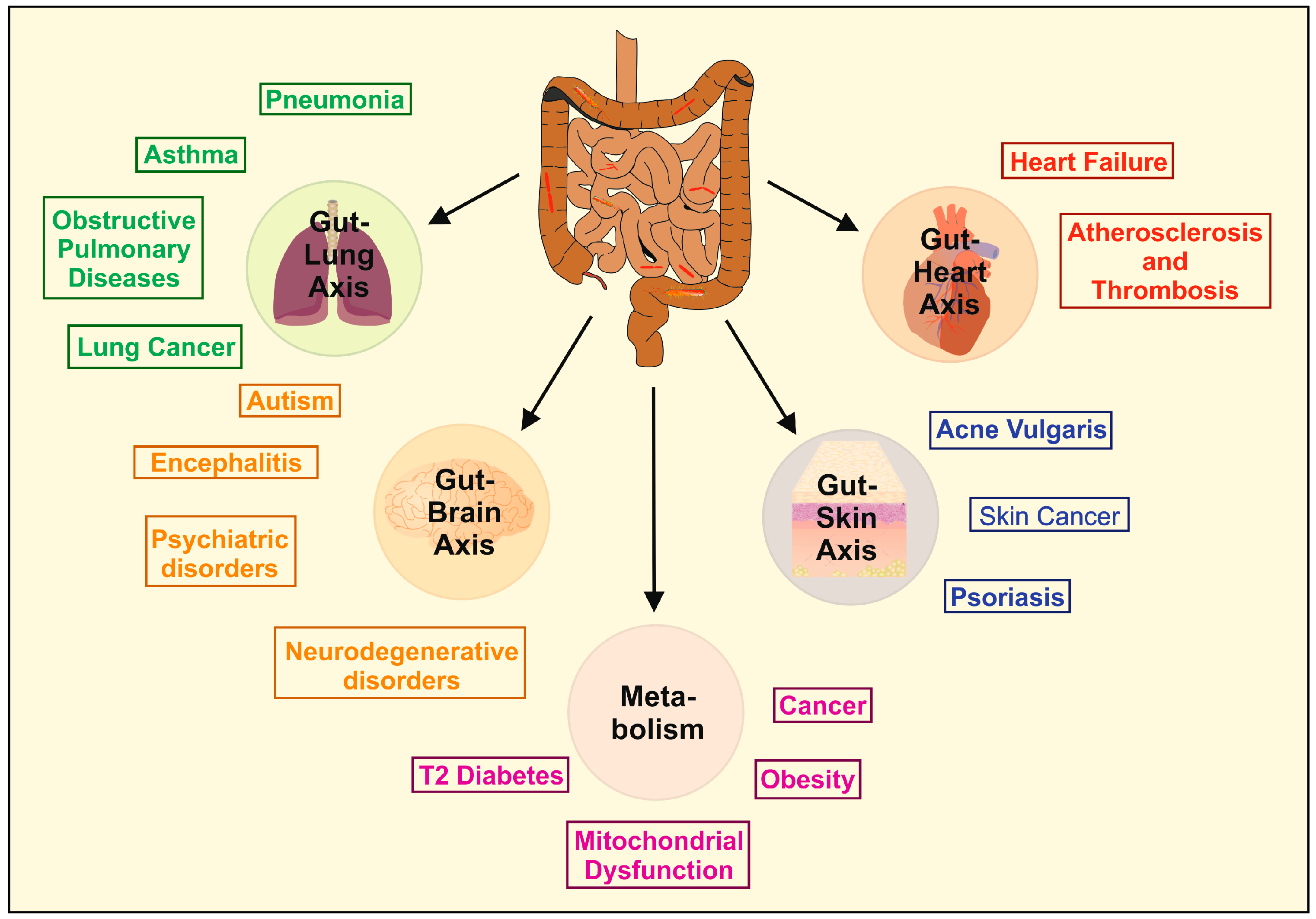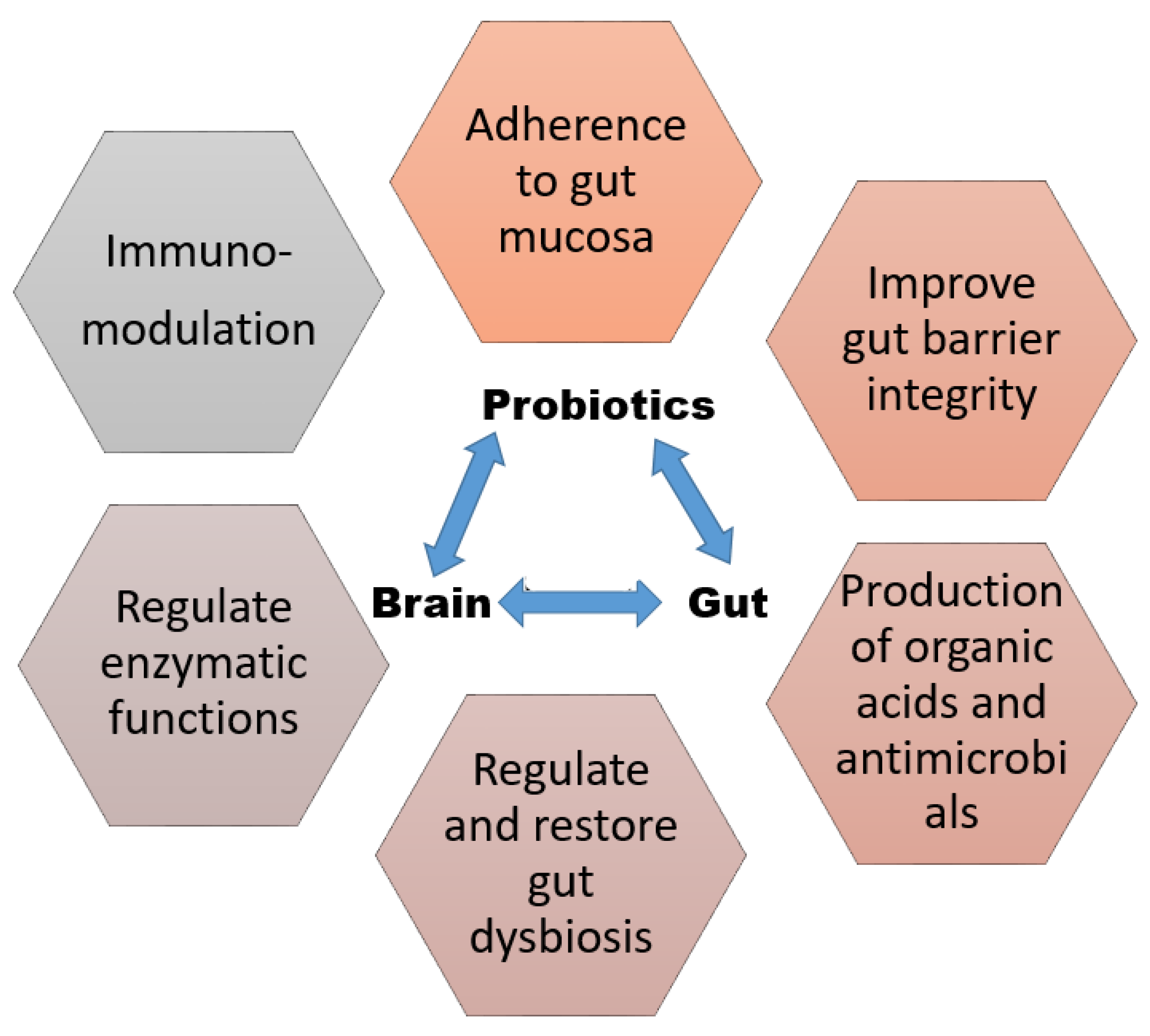The Role of Probiotics in Gut Health

The Role of Probiotics in Gut Health
As we age, maintaining a healthy gut becomes increasingly important for overall well-being. Probiotics, live bacteria that provide health benefits when consumed in adequate amounts, play a crucial role in supporting gut health. This article will explore the benefits of probiotics, how they work, and practical tips for incorporating them into your lifestyle, specifically tailored for middle-aged individuals.

Introduction to Probiotics
Probiotics are beneficial microorganisms that help maintain a balanced gut microbiome, which is essential for digestion, immune function, and even mental health. The gut microbiome is a complex ecosystem of bacteria living in the gastrointestinal tract, and its health can significantly impact our overall health.

Benefits of Probiotics
-
Improved Digestion: Probiotics can help alleviate symptoms of irritable bowel syndrome (IBS), such as bloating, gas, and altered bowel habits. They are also effective in managing diarrhea and constipation by promoting a balanced gut environment .2 .14.
-
Enhanced Immune System: Since a significant portion of the immune system is located in the gut, probiotics can help boost immunity by supporting the growth of beneficial bacteria and reducing inflammation .14.
-
Mental Health and Cognitive Function: The gut-brain axis suggests that gut health influences mental health. Probiotics may help improve mood and cognitive functions by reducing inflammation and promoting neurotransmitter production .7 .14.
-
Skin Health: Probiotics can also benefit skin health by reducing inflammation and oxidative stress, potentially improving conditions like acne and eczema .6.
-
Heart Health: Certain probiotic strains may help improve heart health by lowering cholesterol levels and blood pressure .10.

How Probiotics Work
-
Modulating Gut Microbiota: Probiotics help restore a balanced gut microbiome by crowding out harmful bacteria and promoting beneficial ones .14.
-
Improving Intestinal Barrier Function: They enhance the gut barrier, preventing harmful pathogens from entering the bloodstream .1 .14.
-
Reducing Inflammation: Probiotics can suppress intestinal inflammation, which is beneficial for conditions like IBD .1 .2.

Choosing the Right Probiotics
When selecting probiotics, consider the following:
-
Strain-Specific Effects: Different strains have different benefits. For example, Lactobacillus casei/paracasei is beneficial for inflammatory bowel disease .10.
-
Dosage and Duration: Higher doses for shorter durations may be more effective for some conditions .2.
-
Combination with Other Therapies: Probiotics can be used alongside other treatments, such as a gluten-free diet for celiac disease .2.

Practical Tips for Middle-Aged Individuals
-
Incorporate Probiotic-Rich Foods: Include fermented foods like yogurt, kefir, sauerkraut, and kimchi in your diet.
-
Stay Hydrated: Drinking plenty of water helps maintain gut health by promoting the movement of food through the digestive system .4.
-
Manage Stress: Stress can negatively impact gut health. Engage in stress-reducing activities like meditation or yoga .11.
-
Exercise Regularly: Physical activity supports gut health by improving digestion and reducing inflammation .11.
-
Consult a Healthcare Professional: Before starting probiotic supplements, especially if you have underlying health conditions.

Lifestyle Factors Affecting Gut Health
-
Diet: Avoid processed foods and focus on whole, fiber-rich foods that support beneficial bacteria .11.
-
Sleep: Poor sleep can disrupt gut health; aim for 7-8 hours of sleep per night .11.
-
Weight Management: Excess weight can lead to gut dysbiosis; maintaining a healthy weight is crucial .11.

Conclusion
Probiotics offer a natural and effective way to support gut health, which is essential for overall well-being. By understanding how probiotics work and incorporating them into your lifestyle, you can take proactive steps towards maintaining a healthy gut microbiome. Whether through dietary changes, supplements, or lifestyle adjustments, embracing probiotics can be a valuable addition to your health routine.

Additional Resources
For those interested in learning more about probiotics and gut health, here are some recommended resources:
-
Books: “The Gut Makeover” by Jeannette Hyde, “Gut: The Inside Story of Our Body’s Most Underrated Organ” by Giulia Enders.
-
Websites: Healthline, WebMD, and the National Institute of Diabetes and Digestive and Kidney Diseases (NIDDK) offer comprehensive information on gut health and probiotics.
-
Consult a Healthcare Professional: Always consult with a healthcare provider before starting any new supplements or making significant lifestyle changes.

Frequently Asked Questions
-
Q: What are the best probiotic strains for middle-aged adults?
-
Q: How long does it take to see benefits from probiotics?
-
A: Benefits can be noticed within a few weeks, but consistent use is recommended for optimal effects.
-
-
Q: Can probiotics help with weight management?
-
A: While probiotics may support digestion and metabolism, they are not a direct solution for weight loss. A balanced diet and regular exercise are essential for weight management.
-
-
Q: Are probiotics safe for everyone?
-
A: Generally, probiotics are safe, but individuals with compromised immune systems or severe health conditions should consult a healthcare provider before use.
-








